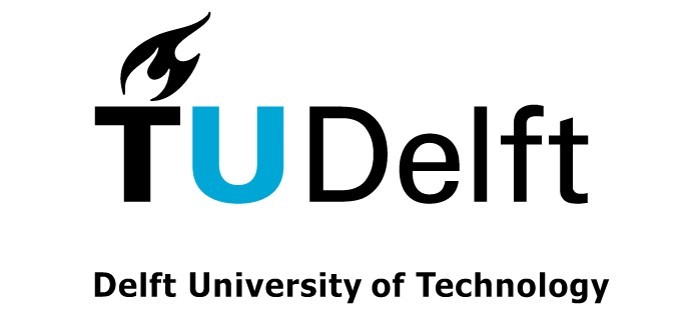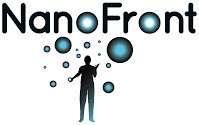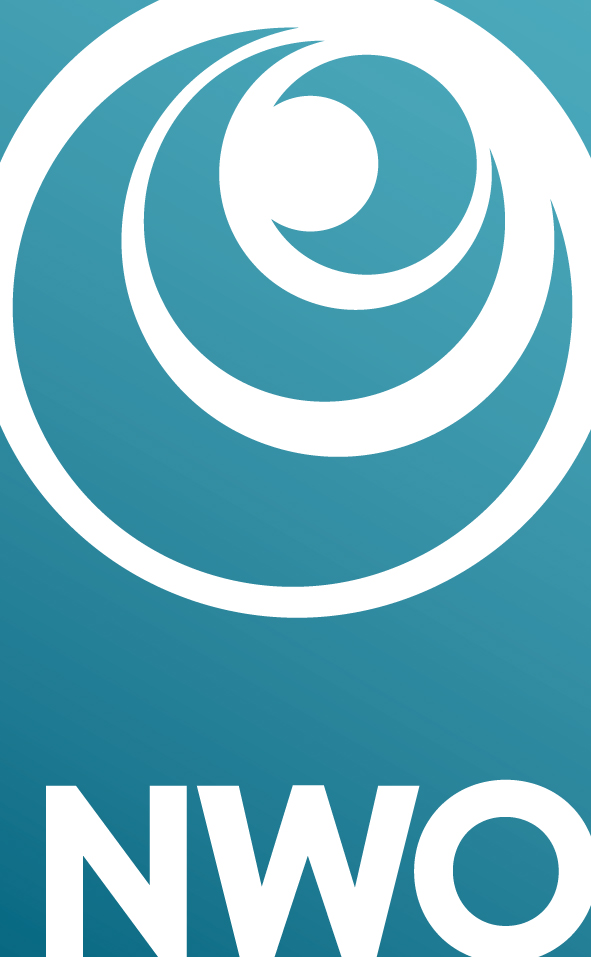
How can quantum effects be exploited for functional device components on the nanoscale? Can they operate at room temperature? How can their operation be optimized?
On the nanoscale, magnetic, optical, mechanical and electrical effects are often more intertwined than on the macroscopic scale. The central theme in the vanderZant Lab concentrates on this concept as it tries to gain a better understanding of the interactions between spins, electrons, photons and phonons in various device architectures. Often, this involves studying and unrevealing new quantum phenomena on the nanometer length scale. Moreover, a better understanding can lead to new ways to control device functionality.
In practice, research in the vanderZant Lab means developing novel device platforms, fabricating devices in the Kavli cleanroom, measuring their properties and analysing them. Driven by curiosity, we follow an explorative approach — testing ideas that bridge disciplines and often lead us to unexpected discoveries.
At present, the people in the lab form a diverse group; research topics range from single-molecule transport studies, spin-injection in chiral molecules, 2D magnets, graphene nano-ribbons, single-molecule thermoelectricity, biological nanowires, etc. You can also find our past research topics in the publications section.
We are located at Delft University of Technology, home to Nobel Laureates Jacobus Henricus van ‘t Hoff and Simon van der Meer, amongst many other great scientists. We are part of the Department of Quantum Nanoscience, as well as the Kavli Institute of Nanoscience.
We are looking for talented and passionate Master students and PhDs. You can find more information here! (more info)
We are grateful for funding from Delft University of Technology, NWO, the Frontiers in Nanoscience program, and the Kavli Foundation.




We have an open position on Quantum Biology in cable bacteria! Check out out openings page for more info or contact us.
October 15, 2025Congrats Lucienne! She succesfully defended her thesis on memristive behavior and switches in single molecules.
October 10, 2025Congrats Boaz! He did a great job characterizing cross conductance in cable bacteria.
August 4, 2025Welcome to Boaz! A new bachelor student in our labworking with Cosimo.
July 31, 2025Goodbye Jaime! It was a pleasure having you here for 6 months. We are looking forward for your next visit!